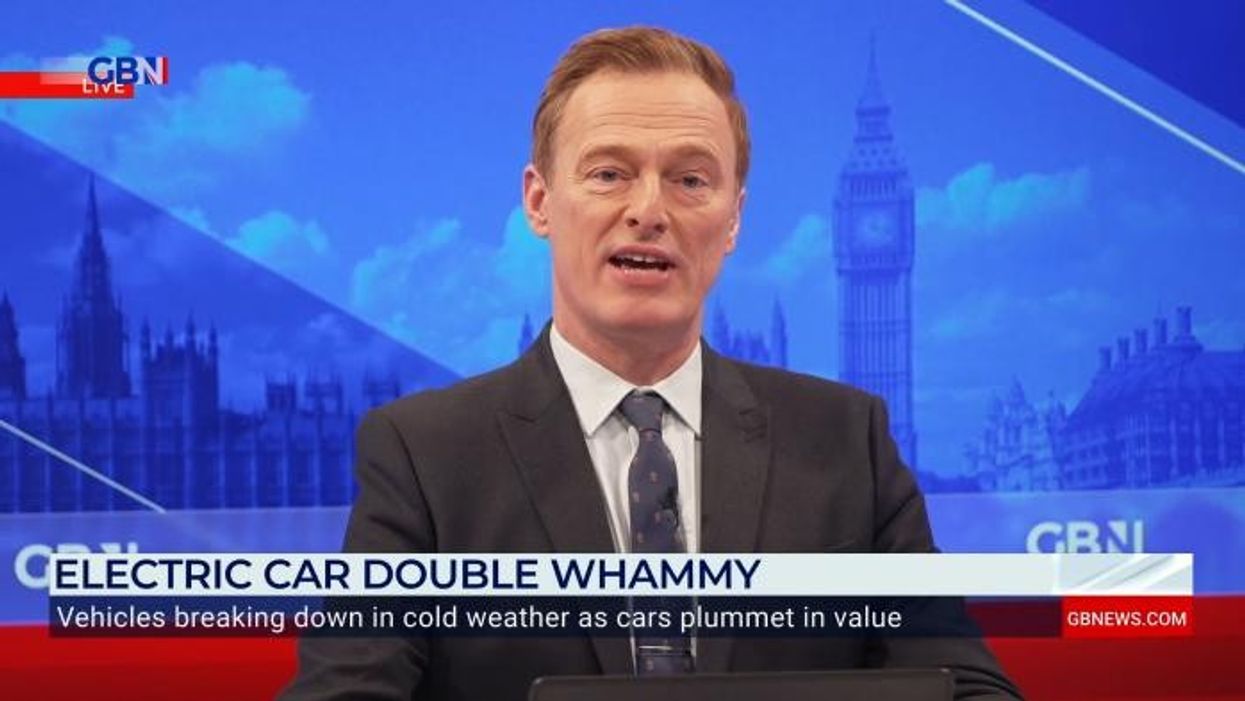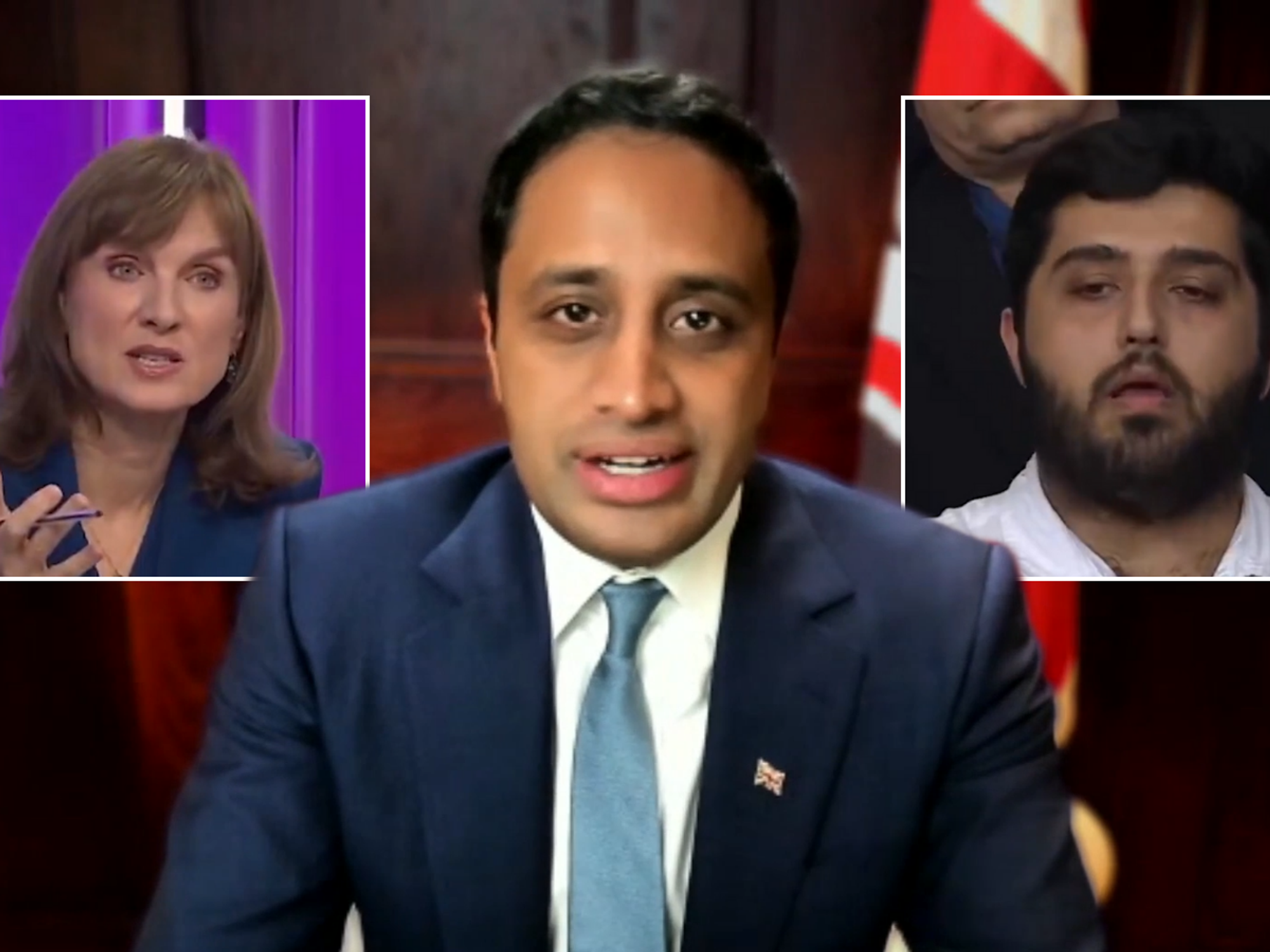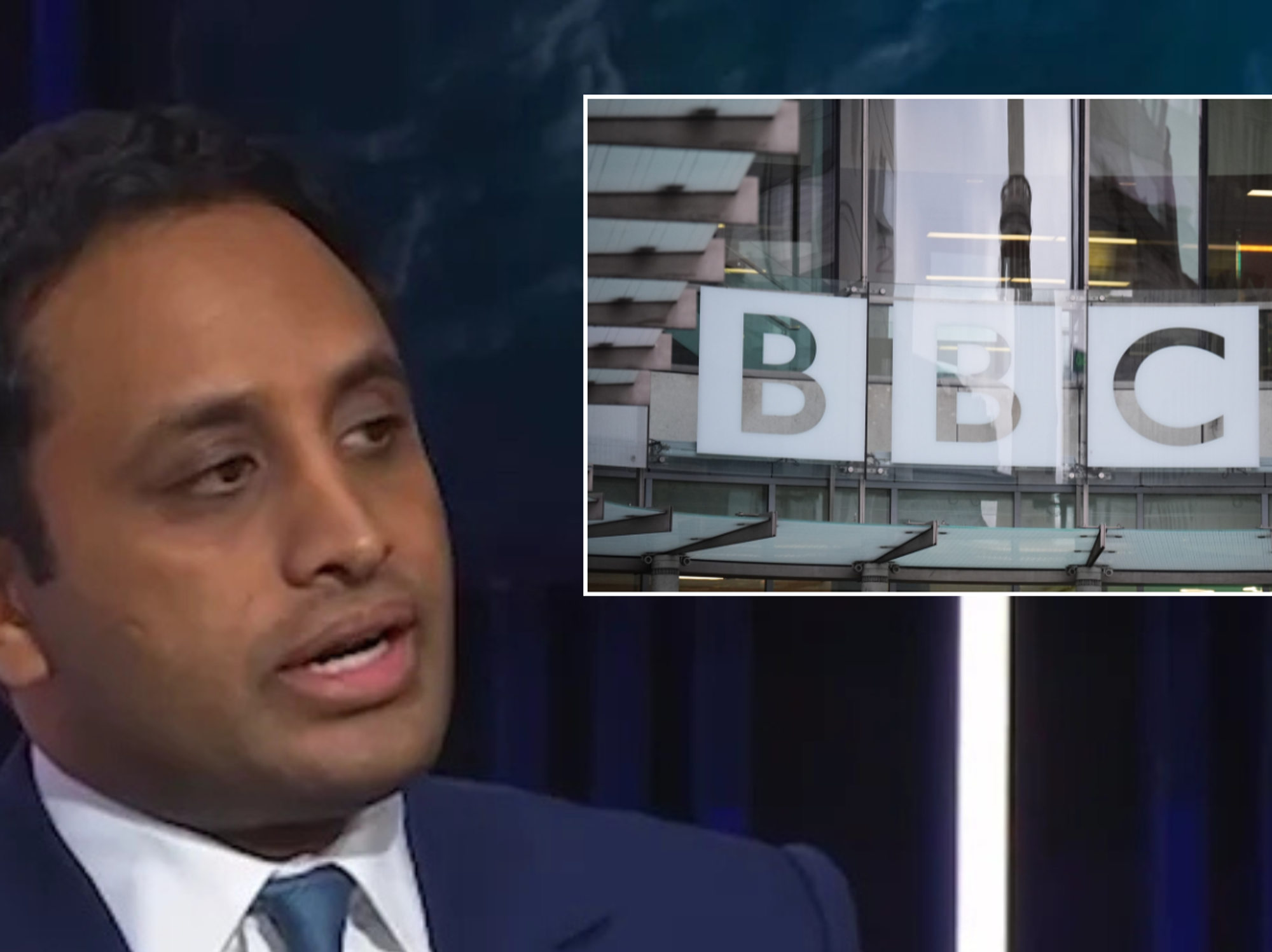Car tax changes will create a 'fair transition' to electric vehicles amid urgent calls for VAT to be slashed

'The Budget is a crucial opportunity to re-energise the EV market, with fair tax for a fair transition'
Don't Miss
Most Read
The car industry has called on the Government to introduce a “fair tax for a fair transition” during the Budget next week in a bid to accelerate the uptake of electric vehicles.
New research from the Society of Motor Manufacturers and Traders (SMMT) and Savanta has found that there are rising numbers of drivers who are considering delaying their switch to an electric car.
However, the automotive industry has suggested that a three-point plan of tax reform will “recharge the market”, boost uptake of EVs and move the UK towards its net zero goals.
The SMMT and Savanta have called on Chancellor Jeremy Hunt to halve the rate of VAT on new electric cars, changing upcoming Vehicle Excise Duty rates and cutting costs on EV charging.
Do you have a story you'd like to share? Get in touch by emailing motoring@gbnews.uk
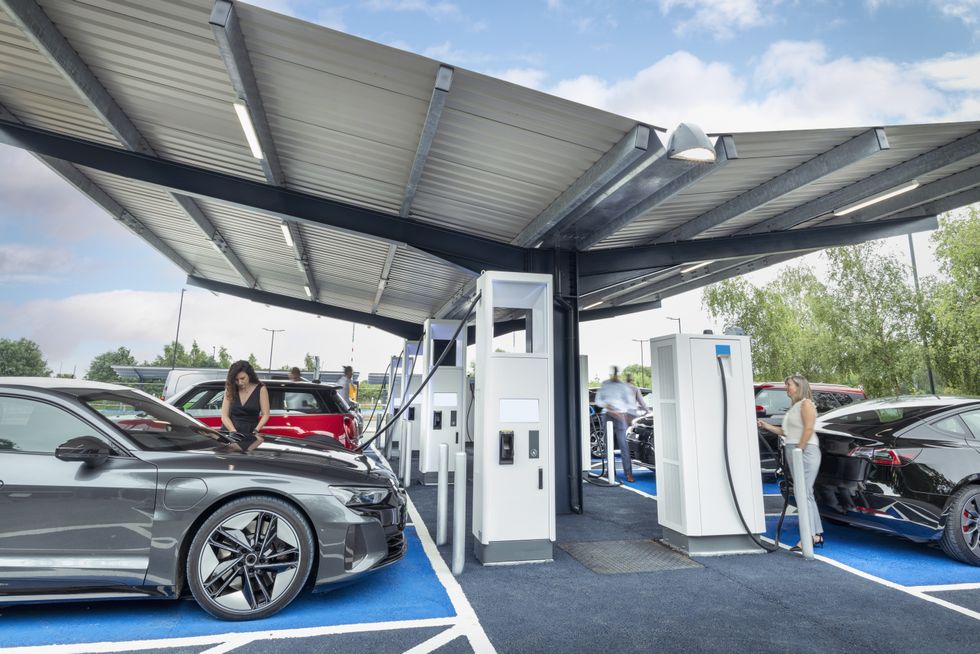
The car industry is calling for the Government to cut EV tax and VAT rates
|GETTY
A cut of VAT on EVs would be the single most effective measure in getting drivers to switch sooner, with 37 per cent interested in such a plan.
Even a quarter of drivers (26 per cent) who were not interested in switching named it as the option that would most likely get them to change their minds.
Buyers of other CO2-saving technologies like heat pumps and solar panels benefit from VAT incentives, even though people who purchase EVs have to pay the 20 per cent rate.
It is estimated that the Treasury has collected £1.7billion over the half-decade from the VAT windfall as EV uptake has risen almost 20-fold.
This would help drivers save around £4,000 off the upfront cost of an electric car and would deliver an additional 270,000 EVs - instead of petrol and diesel – in the next three years.
Mike Hawes, Chief Executive of the SMMT, said: “The Budget is a crucial opportunity to re-energise the EV market, with fair tax for a fair transition.
“The Chancellor must end the perverse fiscal system that discourages drivers from moving away from fossil fuels and send a clear signal that the time to go electric is now.
“Success will see our economy powered up by zero emission mobility, delivering cleaner air, quieter roads and cheaper running costs, ending the uncertainty we are seeing amongst motorists.”
Vehicle Excise Duty would also act as a major incentive to drivers ahead of new changes being introduced in 2025 where electric vehicles will have to pay car tax.
Jeremy Hunt announced the car tax change during the Budget in 2022, saying that he wanted to “make our motoring tax system fairer”.
Around seven in 10 people buying electric vehicles will be required to pay the “expensive car” VED supplement from next year, meaning they could be charged a further £1,950.
There have also been calls for the Government to cut the rate of VAT on public chargers from 20 per cent to five per cent in line with the same VAT rate as home chargers.
LATEST DEVELOPMENTS:
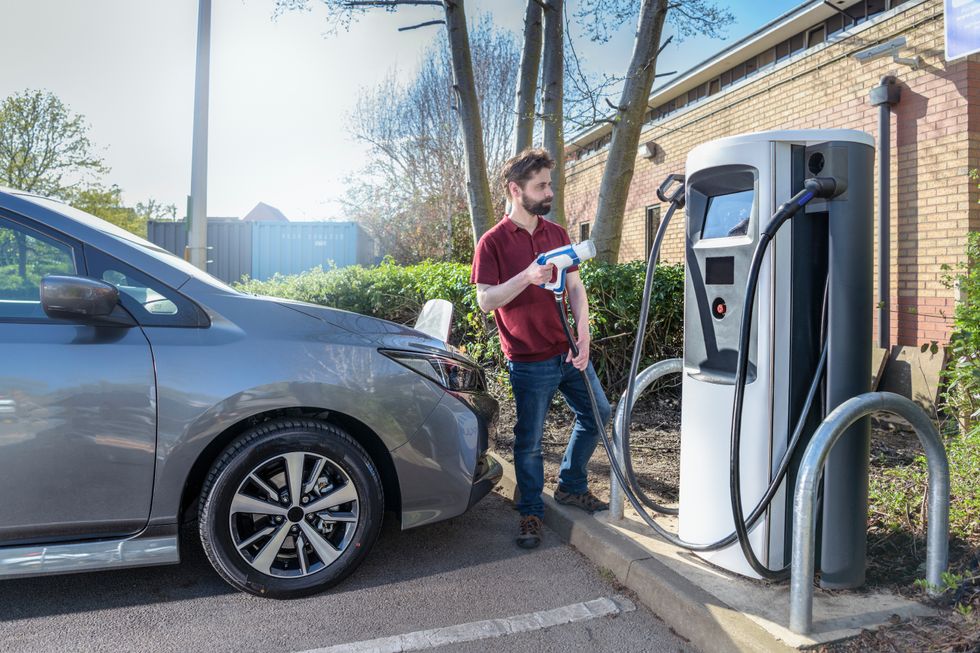
Experts have said the changes could massively increase the number of EVs on the road
|GETTY
The latest data from Zapmap shows that there are over 55,300 EV charging points across the UK, representing a 46 per cent increase since January 2023.
Experts have issued caution to the Government about whether it will be able to meet its target of installing 300,000 chargers by the end of the decade.


